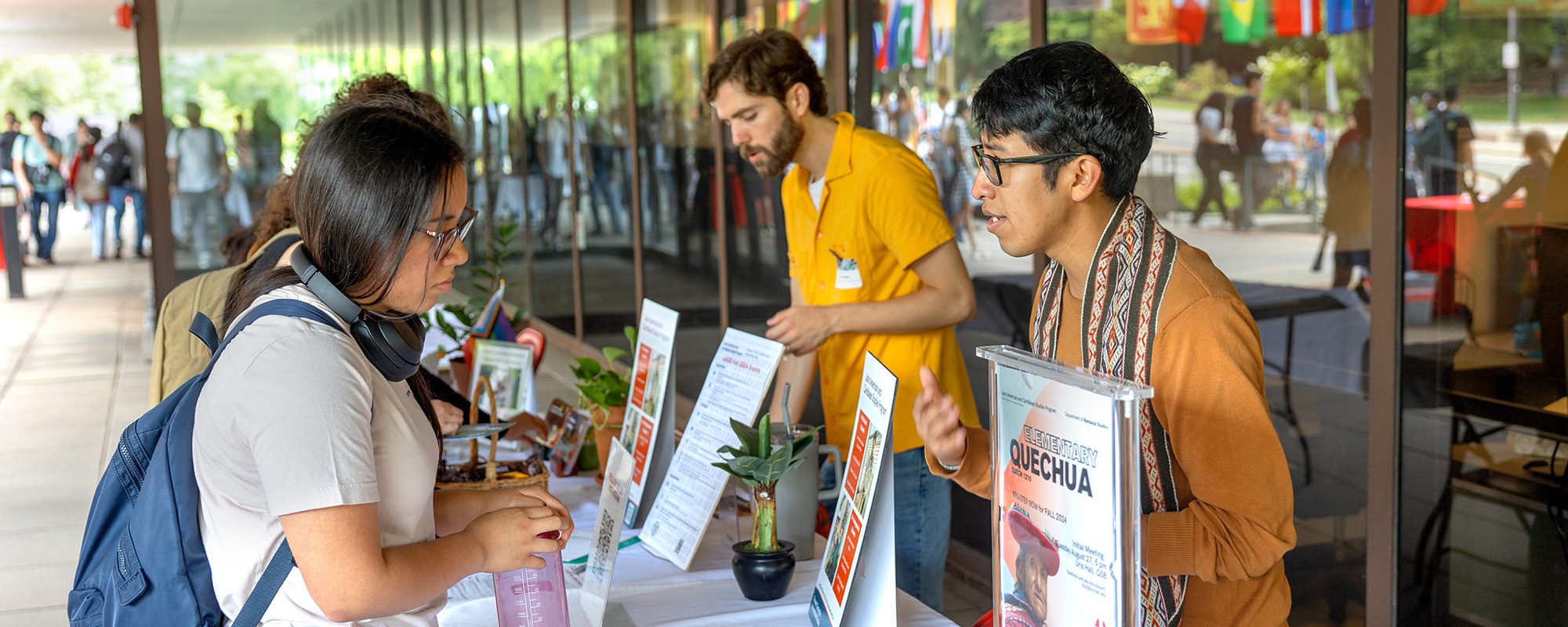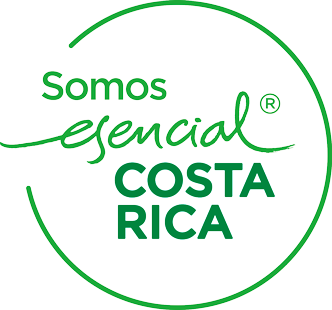Derechos de nombre, semejanza e imagen en la NCAA
Derechos de nombre, semejanza e imagen en la NCAA
El 1 de julio de 2021, la NCAA (National Collegiate Athletic Association), aprobó oficialmente una serie de políticas que permiten a estudiantes atletas pertenecientes a cualquier división y disciplina ganar dinero mediante la monetización de su propia imagen, nombre y semejanza; en inglés se conocen como “name, likeness and image rights” (NLI Rights).
Es pertinente mencionar que la NCAA es la asociación más fuerte en cuanto a deporte universitario en Estados Unidos, por los que la entrada en vigencia de un reglamento de esta índole genera gran impacto en una amplia población universitaria.
Actualmente, 460 000 estudiantes atletas compiten en distintas disciplinas y divisiones de NCAA. Se trata de una asociación deportiva que genera alrededor de un billón de dólares anuales y está conformada por más de 1000 instituciones educativas distribuidas en 50 estados del país.
¿Qué sucedía previo a la aprobación de los NLI Rights?
Antes de la aprobación de los nuevos lineamientos, a cualquier estudiante atleta de NCAA se le limitaba legalmente la participación en actividades que involucraran el uso de su propia imagen o nombre para generar ingresos.
Hoy en día, la actualización de la norma les permite ganar dinero utilizando su imagen por medio de actividades como monetización de vídeos en plataformas como Youtube, venta de autógrafos, apariciones en comerciales, lanzamiento de mercadería propia, firma de patrocinios y aún más posibilidades.
Sin embargo, al no ser una ley federal, cada estado puede imponer libremente las especificaciones referentes a este tema y en caso de no pronunciarse, se seguirán las normas de la NCAA, las cuales otorgan a cada universidad la libertad de elegir sus propias reglas.
¿Los estudiantes con Visa F-1 pueden beneficiarse de los NLI Rights?
Esta es una de las grandes inquietudes que ha surgido dentro de la comunidad de más de 21.000 estudiantes atletas extranjeros que compiten actualmente en la NCAA.
Para comenzar, es importante abordar el significado de tener una Visa F- 1, también conocida como visa para estudiantes.
El US Immigrations and Customs Enforcement (ICE), una de las entidades más importantes en cuanto la regulación de asuntos migratorios en Estado Unidos, establece que la Visa F-1 otorga a los estudiantes la posibilidad de obtener un trabajo únicamente dentro del campus universitario y bajo normativas estrictas que, de ser violentadas, pueden llevar a la pérdida de la beca e incluso la deportación.
Trabajar fuera del campus, no es una opción. A pesar de ello, podría habilitarse la posibilidad por razones que el ICE denomina como “dificultades económicas severas”; aquellas que están fuera del control del estudiante (conflictos bélicos, desastres naturales, etc) a quien originalmente se le realizó un meticuloso estudio económico antes de ingresar legalmente a Estados Unidos.
Dada la exigencia del régimen migratorio estadounidense respecto al tipo de empleo que pueden y no pueden llevar a cabo estudiantes atletas internacionales, surge la duda sobre la posibilidad de monetizar su imagen, pues la actividad no se categoriza estrictamente como un tipo de empleo.
No obstante, la realidad actual es que el reglamento de los NLI Rights no contiene especificaciones respecto a las necesidades, intereses o posible integración de la población estudiantil extranjera.
Dada la incertidumbre y la gravedad de las consecuencias que implica infringir algún reglamento migratorio, algunas instituciones han sugerido a sus estudiantes seguir ciertas recomendaciones mientras estén en territorio estadounidense.
Una de ellas se aliena a que mientras no haya un pronunciamiento oficial y contundente respecto a la posibilidad de estudiantes con Visa F-1 de tener el derecho explícito de monetizar su imagen, nombre y semejanza, lo mejor es no participar de ninguna actividad que pueda poner en riesgo su estatus migratorio.
Ahora bien, en caso de que se le ofrezca al estudiante atleta una oportunidad financiera ligada a su imagen, se recomienda recurrir a un abogado migratorio que pueda otorgar un asesoramiento formal para evitar cualquier tipo de malentendido o eventual consecuencia que ponga en riesgo su carrera académica y deportiva.
On July 1, 2021, the NCAA (National Collegiate Athletic Association) officially approved a series of policies that allow student athletes belonging to any division and discipline to earn money through the monetization of their own image, name and likeness, known as "name, likeness and image rights" (NLI Rights).
It is pertinent to mention that the NCAA is the strongest association in terms of college sports in the United States, which is why the approval of a regulation of this nature generates a great impact on a broad college population. Currently, 460,000 student athletes compete in different NCAA disciplines and divisions. It is a sports association that generates around one billion dollars annually and is made up of more than 1,000 educational institutions distributed in 50 states across the country.
What happened prior to the approval of the NLI Rights?
Before the approval of the new guidelines, any NCAA student athlete was legally restricted from participating in activities that involved the use of their own image or name to generate income.
Today, the updated rule allows them to earn money using their image through activities such as monetizing videos on platforms like YouTube, selling autographs, appearing in commercials, launching their own merchandise, signing sponsorships and even more possibilities.
However, since it is not a federal law, each state can freely impose the specifications regarding this issue and in case it is not pronounced, NCAA rules will be followed, which grant each university the freedom to choose its own rules.
Can F-1 Visa students benefit from NLI Rights?
This is one of the big concerns that has arisen within the community of more than 21,000 foreign student-athletes currently competing in the NCAA. To begin, it is important to address the significance of having an F- 1 Visa, also known as a student visa.
The US Immigrations and Customs Enforcement (ICE), one of the most important entities in terms of regulating immigration matters in the United States, establishes that the F-1 Visa grants students the possibility of obtaining a job only within the university campus and under strict regulations that, if violated, can lead to the loss of the scholarship and even deportation.
Working off campus is not an option. Despite this, the possibility could be enabled for reasons that ICE calls "severe economic hardship"; those that are beyond the control of the student (war conflicts, natural disasters, etc) who originally underwent a meticulous economic study before legally entering the United States.
Given the requirement of the U.S. immigration regime regarding the type of employment that international student athletes can and cannot perform, doubt arises about the possibility of monetizing their image, since the activity is not strictly categorized as a type of employment.
However, the current reality is that the NLI Rights regulation does not contain specifications regarding the needs, interests or possible integration of the foreign student population.
Given the uncertainty and the seriousness of the consequences of violating any immigration law, some institutions have suggested to their students to follow certain recommendations while they are in U.S. territory. One of them is aligned that as long as there is no official and conclusive pronouncement regarding the possibility of students with F-1 Visa to have the explicit right to monetize their image, name and likeness, the best thing to do is not to participate in any activity that may put their immigration status at risk.
Now, in the event that a student athlete is offered a financial opportunity linked to his or her image, it is recommended to seek the advice of an immigration attorney who can provide formal advice to avoid any misunderstanding or eventual consequences that could jeopardize his or her academic and athletic career.

October 18, 2022

.jpg)







